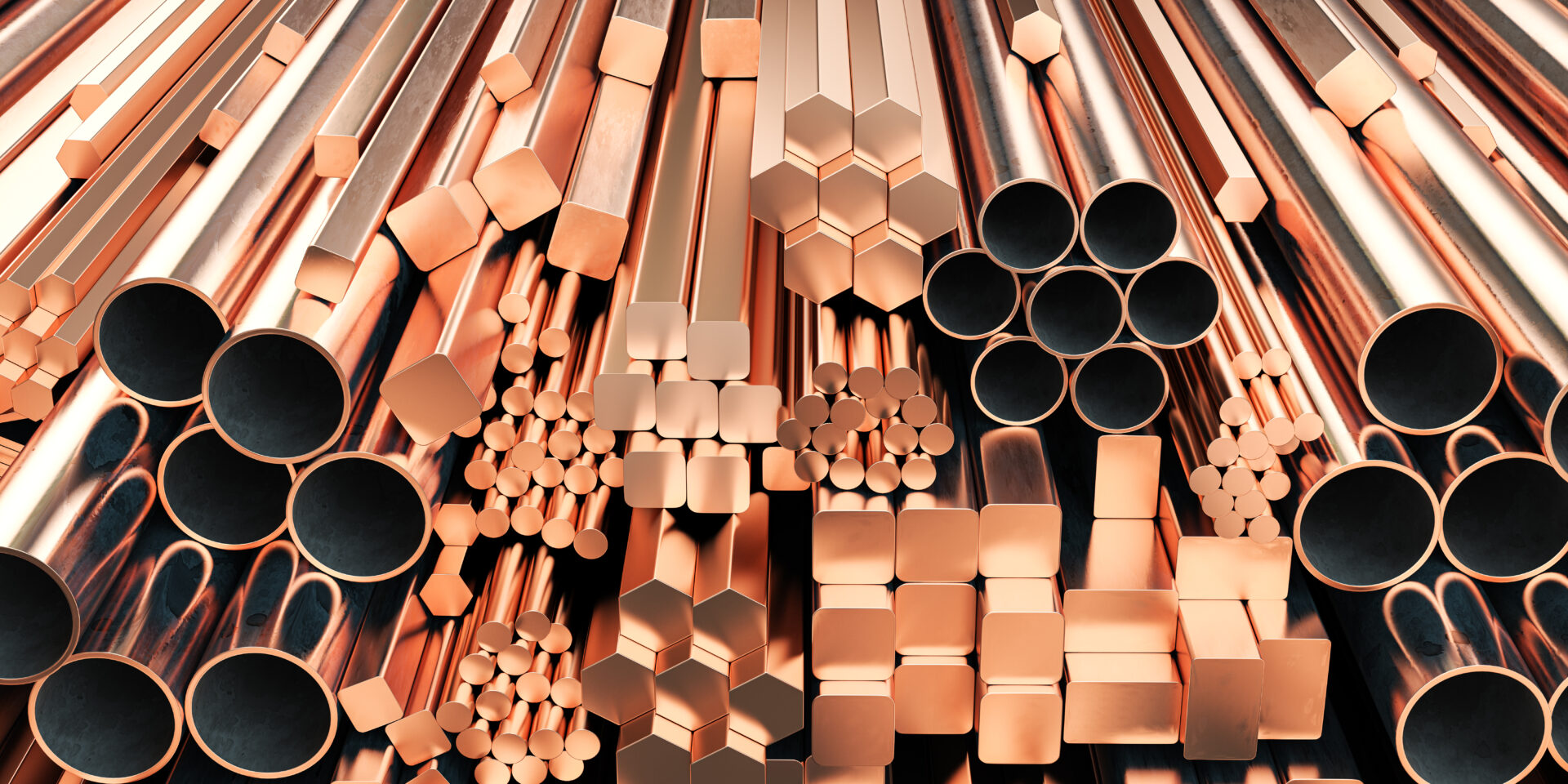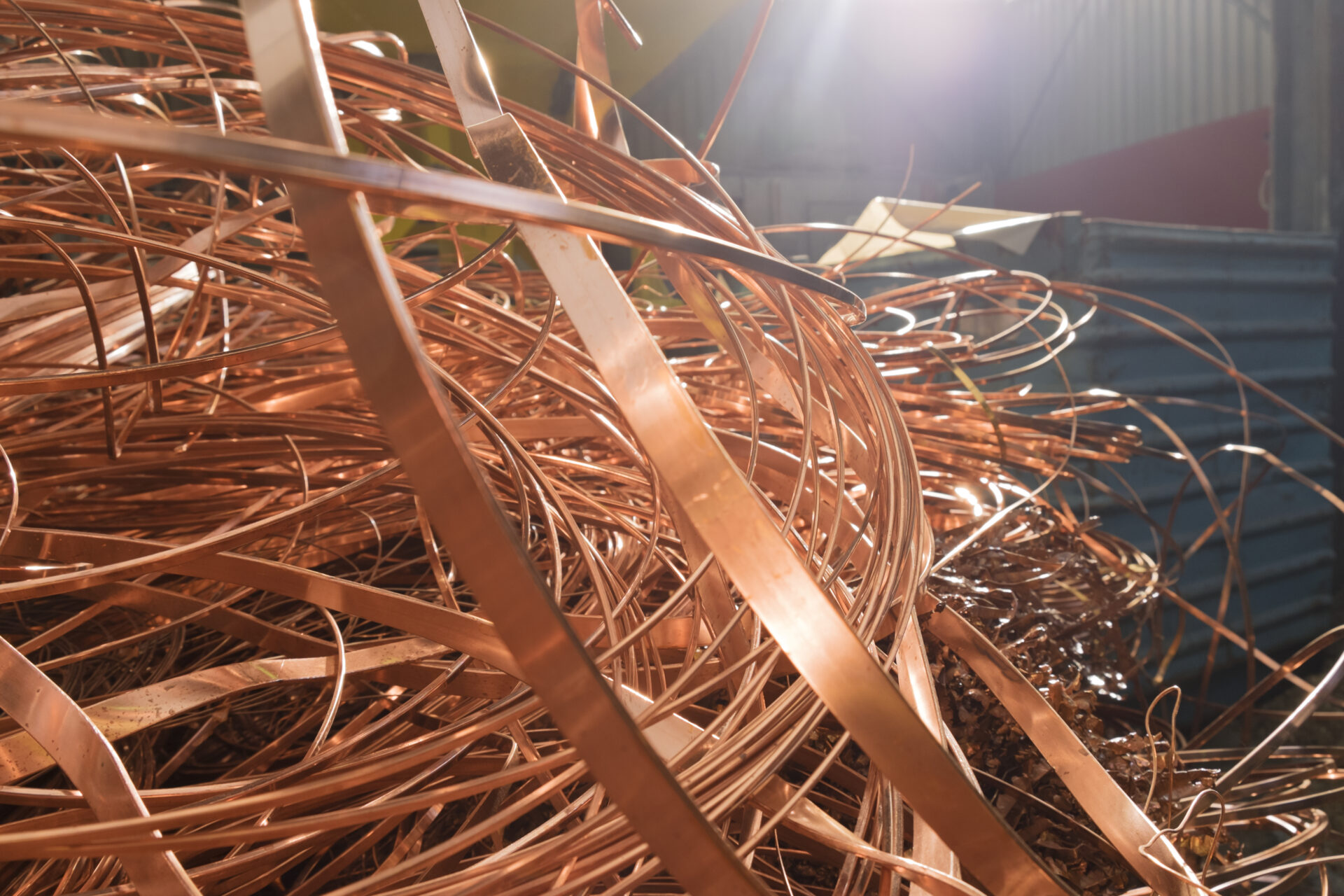
It’s always important to make sure you have the right tools for the job, but cable recycling and transformer recycling can be a game-changer.
We’ve already covered how C&D businesses can recycle their scrap, but that doesn’t help with scrapping small electric motors or finding transformer recycling companies. Below we break down the basics of breaking down your Electrician scrap.
Cable Recycling
Most Electricians, especially those new to the trade, throw away their wire when they’re finished. Worse, some Electricians will pay to have it hauled off to the dump.
Meanwhile, you can use cable recycling to boost your bottom line. The only thing you should worry about is separating your wire properly.
Cable Types
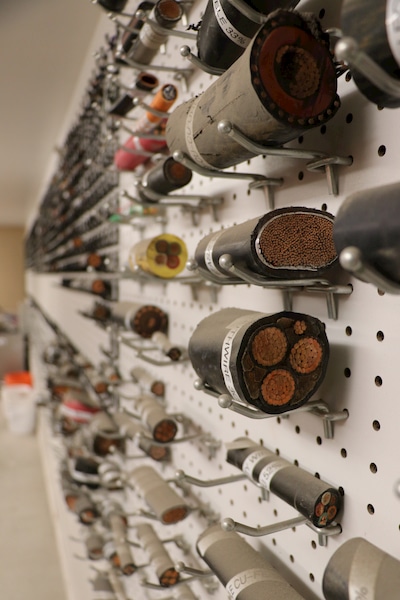
Scrap electrical wire comes in two forms: type #1, and type #2. Some other material wires come in the same types.
Type #1 Wire has:
- No paint
- No rust
- No sodder
- No fittings
Type #2 Wire has at least one of these:
- Paint
- Rust
- Sodder
- Fittings
Organizing Your Cable
Copper, aluminum, and alloys all come in at different rates too. Don’t forget to separate your metals when you can identify them.
That difference in type can change how much your wire is worth, and mixed copper often ends up defaulting as type #2. When bringing in your scrap electrical wire from the job site or once you get back to the office, take a moment to separate your cables.
While you can use five-gallon buckets or an old trash can to store your scrap, it’s often better to talk to your regular recycling center. Often they can give you a receptacle that’s more suitable to save your wires before taking it in.
Transformer Recycling
Before recycling your transformers, call your recycling center to see if they can take it first. Not every facility can take transformers and may only receive them in bulk to separate facilities.
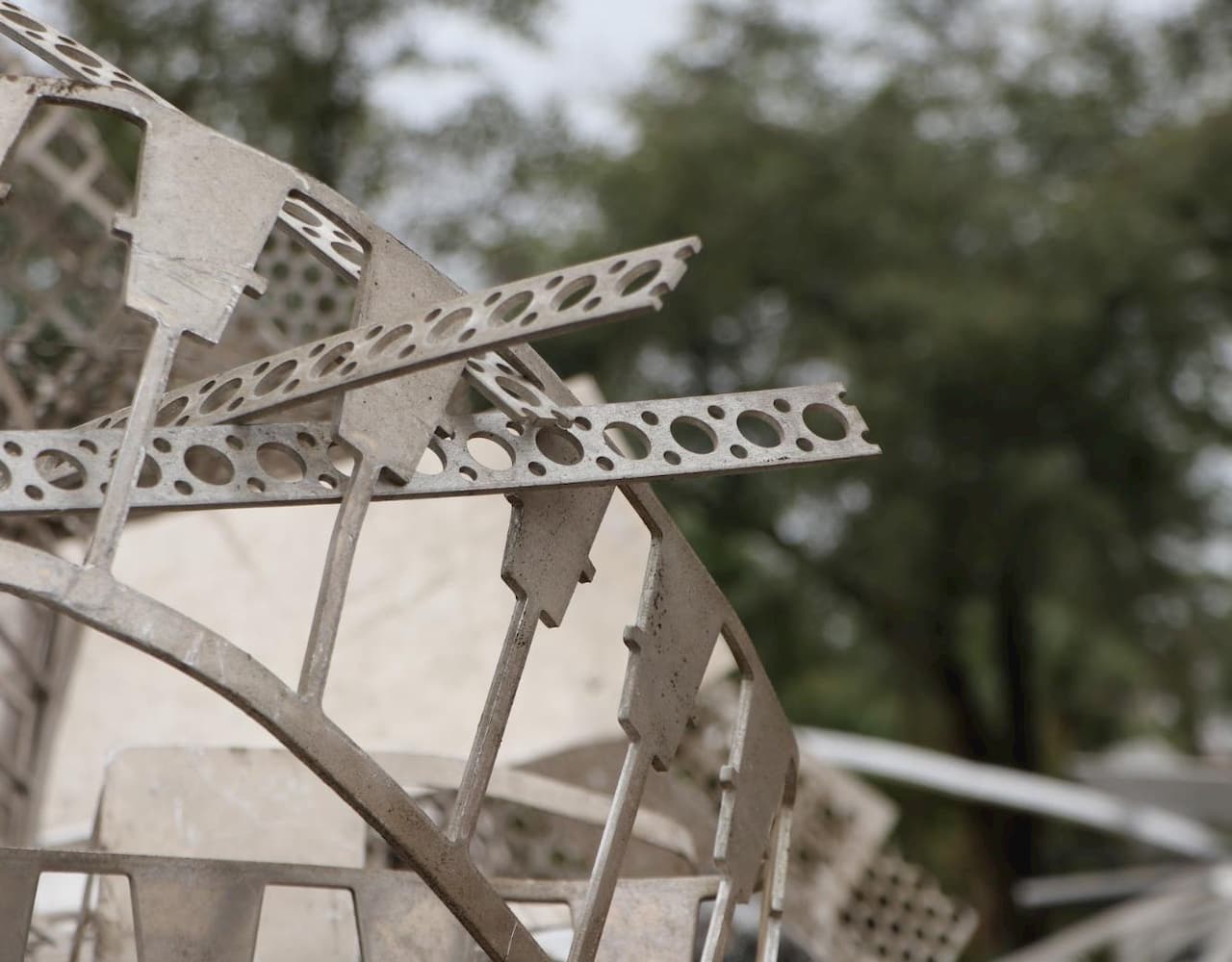
Sometimes though, it may be beneficial to break it down yourself. For Electricians, especially larger companies, this is too tedious for bulk work. Instead, it’s better to send it to the recycling center as a whole.
Should I Drain The Oil From The Transformer Before Recycling?
Depending on the facility, transformer recycling requires units drained of any liquid beforehand, just like any scrap. Again, contact your recycling center and see if they take both types of units. Usually, you’ll need to declare which type it is.
Additionally, leaving them full doesn’t net you more money per pound than if the transformer is empty.
Scrapping Mini-Transformers
Mini-transformers, on the other hand, tend not to have any liquids inside and are safer to take apart. Often they can be found in tool cables, old computer cables, and similar appliances you might be using on the job.
Remove the plastic shell and take it apart by the screws. Then apply a magnet to separate your ferrous and non-ferrous metals. That can help get you more for your transformer recycling at the end of the day.
Electric Motor Recycling
Electric Motors are common items to recycle, you can scrap electric motors in bulk, or break them down by hand. In fact, if you’re looking to bulk recycle electric motors consult with your recycling facility to get proper containers or even schedule a pick-up.

Other Useful Tips
Don’t forget to check your recycling for metal contaminants. It’s an easy way to turn your type #1 scrap to type #2.
Watch for other types of scrap to turn in. Control centers, switchgear, cable trays, and even brass fixtures make for good scrap. Transformer buyers and Coax cable recyclers can often take rarer metals such as palladium and nickel too.
Don’t Overload Your Vehicle
If you have enough cable recycling or transformer recycling to fit more than one of your trucks, you may be able to schedule a pickup from your recycler. That can often be arranged for commercial and industrial Electricians at little or no cost.
Scrap electrical wire can get extremely heavy, fast. Before piling everything into the truck, find out what weight rating it can take. Often, you can instead get a pick up from your recycler.
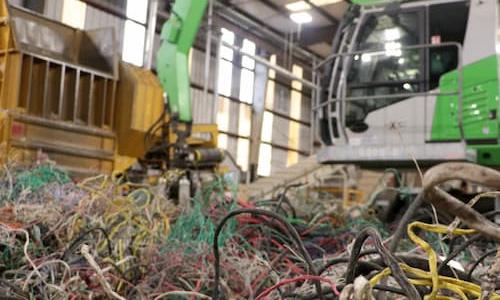
If you have enough wire at the end of the month that you’re over 1,000 pounds, get proper containers from the recycling center, and schedule regular hauls.
Find The Right Metals Recycler
It’s essential to establish a relationship with a scrap processing specialist that you can trust. They’ll help you get your scrap electrical wire and transformer recycling to the right facilities.
When you bring your scrap into the right centers, they can process the materials on-site, netting you more for your scrap.
GLE Scrap Metal
GLE Scrap Metal can help you as a national recycling company, with locations across the eastern US. Not only can they help local states, but they can also help arrange your scrap to be shipped to the right facilities across the US, so you get the most from your efforts. Give them a call at 855-727-2788 or contact them here.


